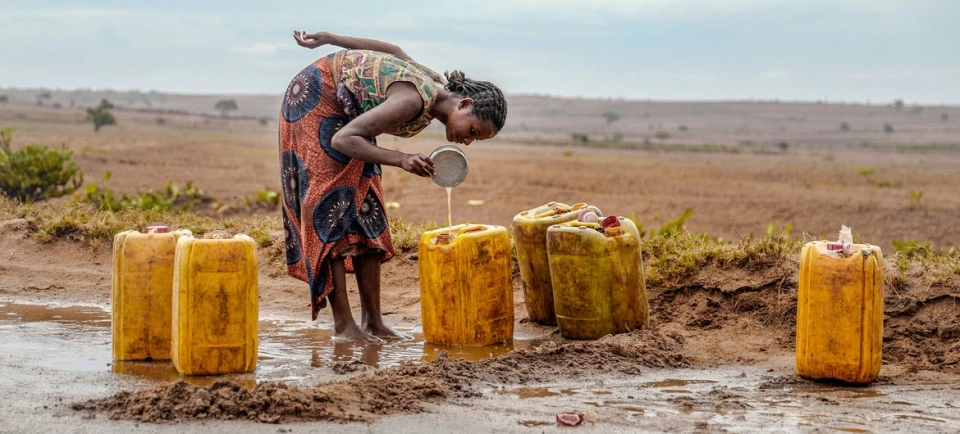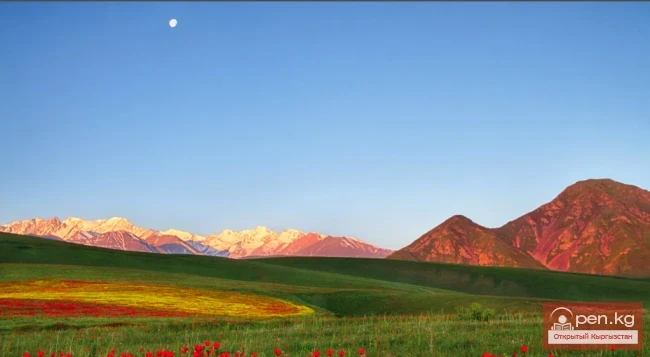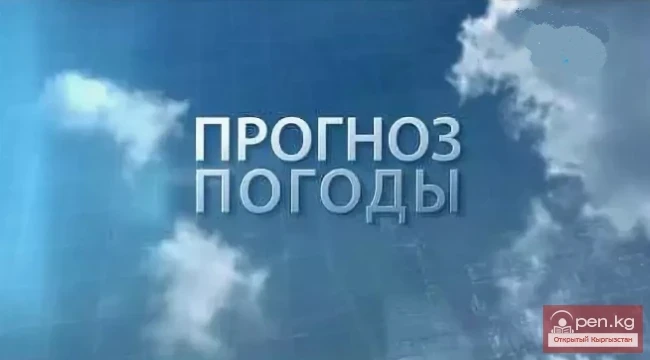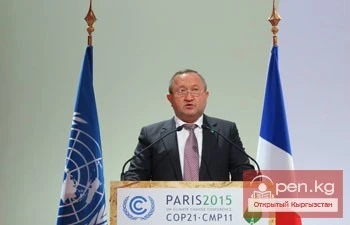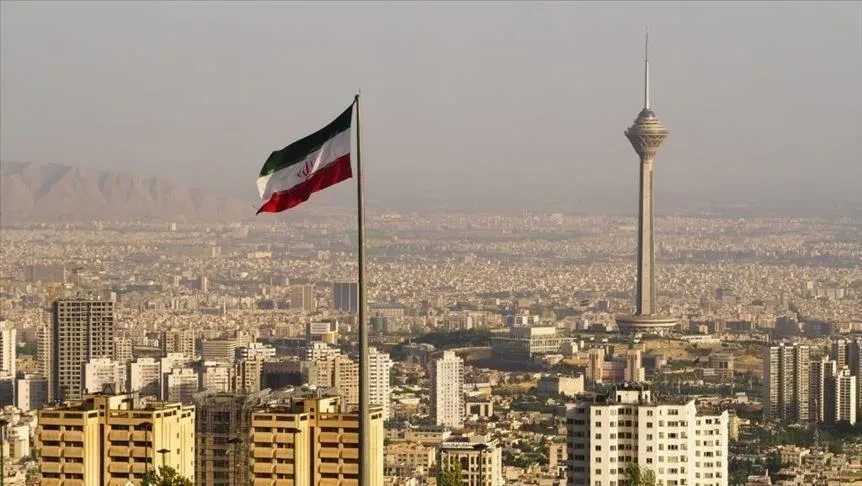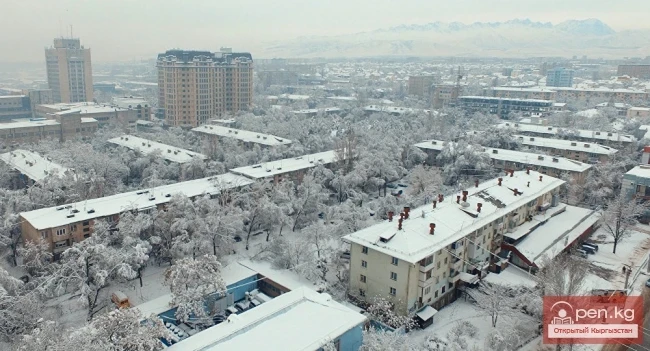
The crops in question are critical to the economies of many countries and provide livelihoods for farmers around the world. However, they are becoming increasingly vulnerable due to climate change. Rising temperatures and changes in precipitation patterns lead to significant fluctuations in yields, creating instability for producers.
The study focused on a method known as Stratospheric Aerosol Injection (SAI), which is considered a potential solution for mitigating the impacts of climate change in regions where grapes, coffee, and cocoa are grown, such as Western Europe, South America, and West Africa. This hypothetical solar geoengineering method involves the release of particles that reflect sunlight into the stratosphere to cool the Earth, mimicking natural cooling during volcanic eruptions.
Scientists investigated whether SAI could stabilize climatic conditions for crops between 2036 and 2045, using climate models for 18 key regions. They analyzed conditions for crop growth based on temperature, precipitation, humidity, and disease risk. Although SAI reduced surface temperatures, it did not provide the stable conditions necessary for the successful cultivation of these plants. Only in six out of the 18 regions was there a significant improvement.
According to the researchers, it is not enough to simply lower temperatures using SAI. For example, while cocoa is more resilient to high temperatures, it is susceptible to pest and disease attacks, especially when high temperatures, precipitation, and humidity combine. Natural climate variations must also be taken into account.
